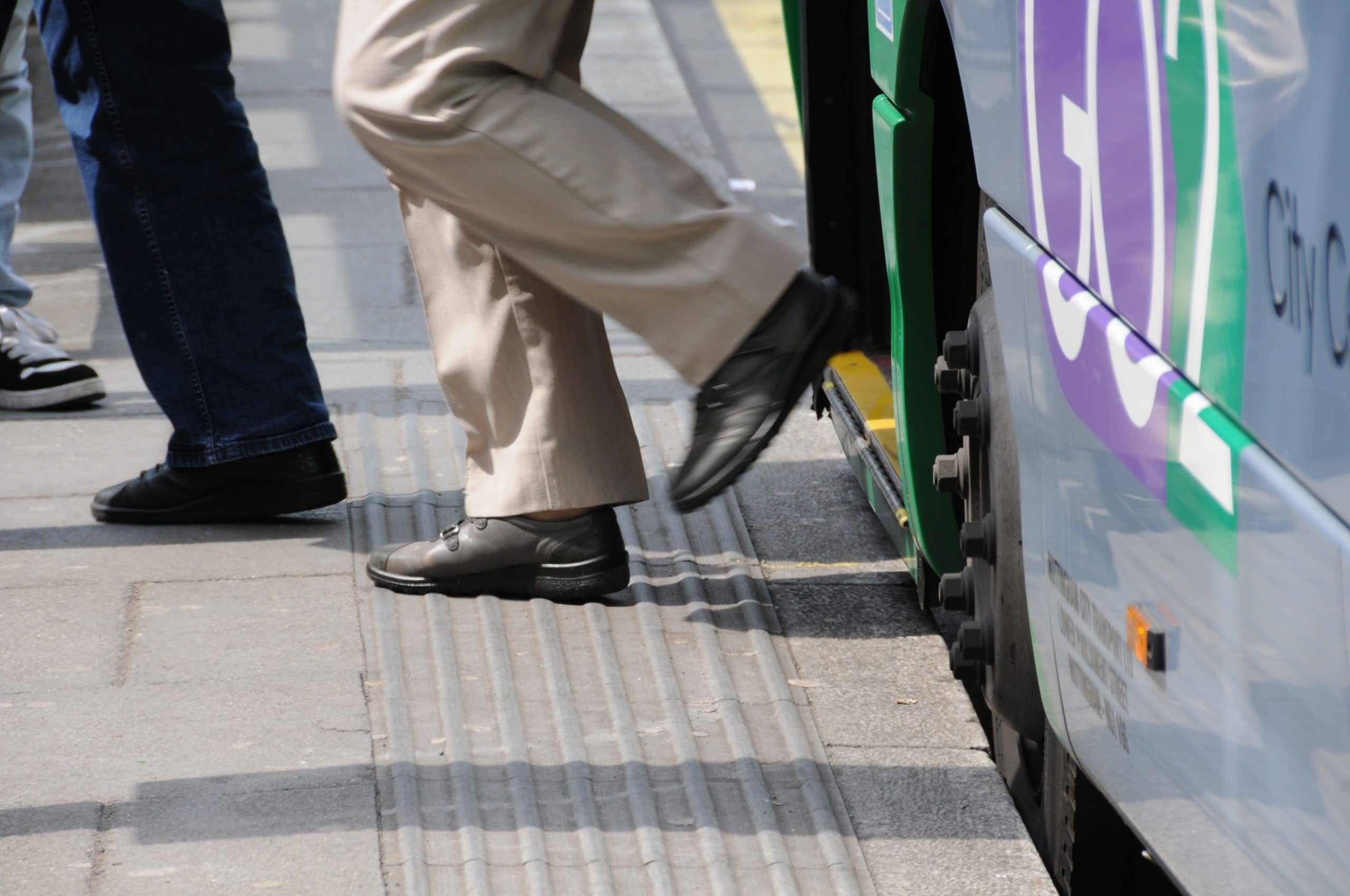Failures to operate several local services in accordance with timetables has resulted in First Cymru Buses being ordered to pay a penalty of £20,600 by Deputy Traffic Commissioner (DTC) Anthony Seculer at a Swansea Public Inquiry (PI).
The company holds an O-Licence for 412 vehicles. It operates 241 local services from nine depots. It was issued with formal warnings over the punctuality of some of its services in February and April.
Monitoring carried out
Bus Users Cymru Compliance Officer Michael Anderson said that he had carried out a monitoring exercise in April and May. That followed passenger complaints and a Wales Online article about cancelled services.
Service 4, between Morriston, Swansea city centre and the University, was found to be performing with 91.7% reliability. Services 11, 12 and 13, from May Hill and Town Hill to Swansea city centre, were found to be operating with 69.9% punctuality.
First Cymru Managing Director Andrew Sherrington said that there were industry-wide technical issues with engines in certain types of buses.
In addition, the Ravenhill depot had experienced performance-related issues in the engineering department. That had resulted in failings in the non-safety related servicing of vehicles. Consequently there was a higher than normal level of breakdowns.
Recovery of the service plan had taken priority in April. That would have impacted on the observations around that time, as would a Health and Safety Executive directive on in-house welding.
Investment in the Ravenhill depot included a new roof for the garage and a satellite workshop at Ammanford. Timetable registrations were monitored and reviewed continuously. Mr Sherrington gave examples of variations made as a result.
Company provided mitigation
Ordering the company to pay a penalty of £50 per authorised vehicle, the DTC said that he was pleased to note the positive maintenance and traffic compliance history. He gave credit for the fact this this was the first PI regarding this licence.
Policy and training materials produced by the company demonstrated that it appreciated the inconvenience, distress and potential cost to passengers of early, late and non-running services.
There was acceptance by the company that the current punctuality performance was not up to standard. He was satisfied that there was a genuine commitment to improvement and innovation.
The cited complaints illustrated the frustrations of the public when services did not run as timetabled. The company should have been aware of the technical issues affecting the fleet, and the engineering issues at Ravenhill depot.
The longer the known business challenges existed for an operator without resolution in terms of their impact on services, the harder it was to claim that those events amounted to exceptional circumstances or a reasonable excuse for not meeting punctuality targets.
Operators also had a duty to proactively manage the impact of those challenges on the expectations of their customers. There was insufficient evidence of urgent and effective remedial action in response to the public complaints and the known non-running, the DTC said.






















